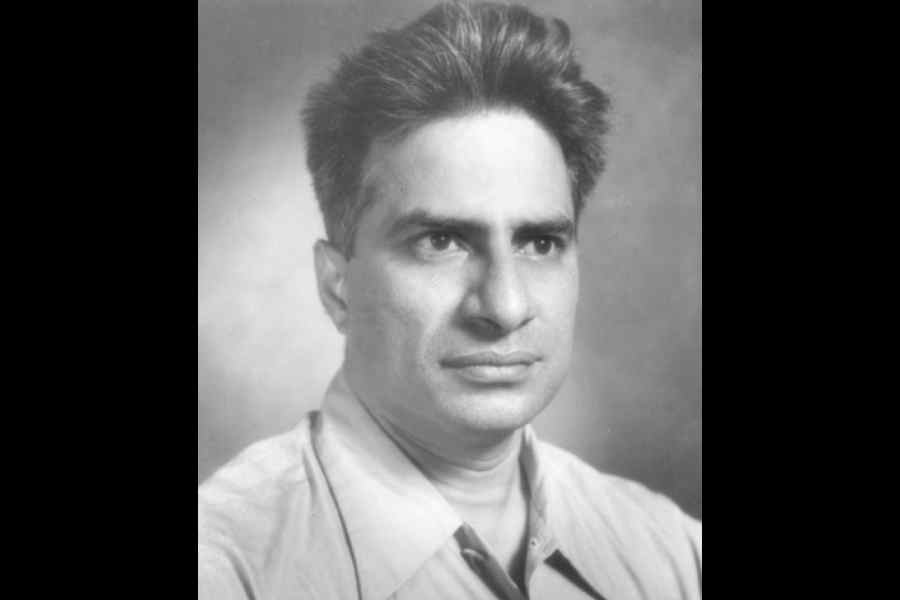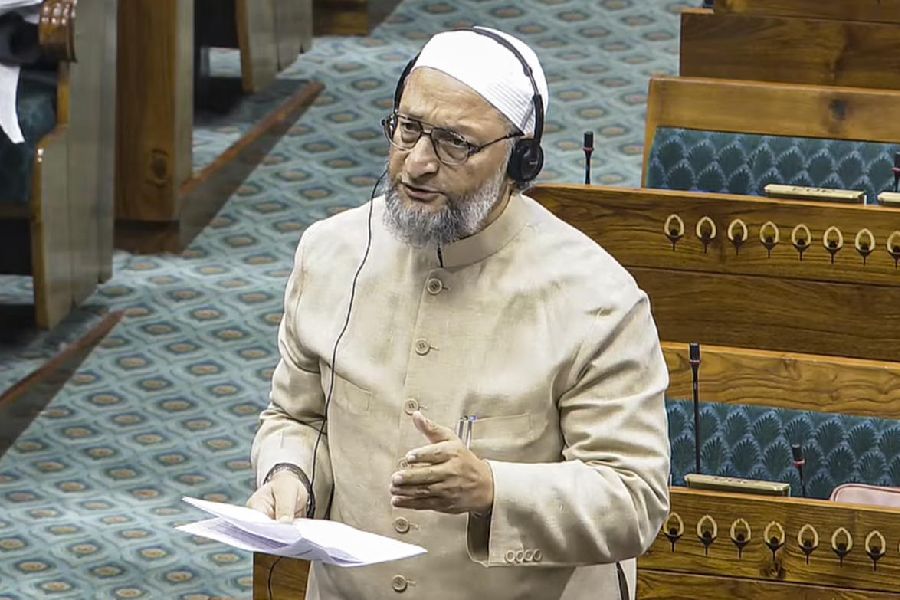“Who controls the past controls the future: who controls the present controls the past.” This insightful remark was made by George Orwell in his chillingly prophetic, dystopian novel, 1984. Over the years, many utterances pertaining to history by ideologues of the Bharatiya Janata Party seem to buttress this assertion. Here, the invaluable counsel of Romila Thapar is pertinent: Hindutva requires the past to vindicate its actions in the present. Consequently, we have witnessed scathing remarks against historians of India who do not subscribe to the ideology of Hindutva. On careful examination of the many criticisms directed at historians, it becomes apparent that the criticisms, for all intent and purposes, are ideological and devoid of any scholarly substance. Indian historians, who belong to different schools of thought, are castigated as propagandists. Notwithstanding the vast differences in their methods and assumptions, they are grouped as Marxists. That historians are called Marxists not due to their ideological allegiance but because of their historical method is a concept alien to these detractors. What else could explain the branding of Romila Thapar and Harbans Mukhia — who have nothing whatsoever to do with the Marxist method — as Marxists?
The hatred that Hindutva ideologues harbour against the Marxists clouds their sense of judgement; any historian who refuses to toe their line is conveniently labelled as a Marxist. As Rajan Gurukkal, a prominent historian, points out, any historian deploying a theoretical approach is an irritant to them. It is important to underscore that theory is indispensable to the writing of history. By employing divergent theoretical approaches, historians develop categories and concepts that help them weave together historical phenomena and provide critical insights.
These clueless attacks on Indian historians — Marxists or otherwise — betoken an utter lack of understanding of historiography in general and Marxist historiography in particular. Perhaps it would be helpful to provide a brief account of the change that Marxism heralded in Indian history-writing. D.D. Kosambi was the first historian to apply the Marxist method to explain historical phenomena in India. Rattled by what he called “drums and trumpets history”, Kosambi began explaining historical phenomena in materialist terms. In the words of Gurukkal, Kosambi heralded a hermeneutic turn that shook Indian historiography. It is in Kosambi’s writings that the rigour of Marxist method comes to the fore: he categorically repudiated Marx’s assertions regarding the unchanging nature of Indian society as well as transcended the classical evolutionary schema. In Marxist writing, the transition from one mode of production to another is attributed to the incompatibility between productive forces and production relations; however, for Kosambi, this incompatibility did not constitute a sine qua non condition for transition.
It must be emphasised that Kosambi borrowed his theoretical insights from Marx; however, he did not blindly subscribe to everything put forth by Marx and Engels.
As a student of history, I have gone through the writings of many Marxist historians. The debates and scholarly disagreements among them weigh down any charge of a concerted attack on India’s glorious past. Feudalism, for instance, has generated wide-ranging disagreements among scholars. It is not possible to get into the nitty-gritty of the debate due to the paucity of space; however, the broad contours of the debate are outlined here. The debate was sparked off by Kosambi who argued for the existence of a two-way process: feudalism from above and below. From above, it was created by the land grants made to the Brahmanas; from below, many individuals and groups rose to the position of landlords and vassals of the king. R.S. Sharma, another Marxist historian, was heavily influenced by the works of Henri Pirenne. He, unlike Kosambi, believed that feudalism in India was due to one factor: the land grants made to the Brahmanas. It must be mentioned that the existence of feudalism in India has been categorically denounced by Harbans Mukhia, who questions the validity of the feudalism model on a theoretical as well as empirical level. The attempt is not to provide a detailed assessment of the feudalism debate but to inform the readers regarding the vast differences amongst scholars belonging to the Marxist school. Mukhia, who is not a Marxist historian, argues that the differences amongst Marxist scholars regarding feudalism in India are a testimony to the rigour of the Marxist method.
Marxist history-writing seeks to untangle the nuances of historical phenomena by bringing their underlying economic and class dynamics to the fore. In traditional Marxist writings, the proposition of a determining base and determined superstructure was commonplace. Here, the determining base refers to the economic structure of society — the means of production and the relations of production. In Marxist theory, the political, legal, cultural, and ideological institutions are construed as superstructural reflections of the economic base. It is important to mention that the works of theorists such as Raymond Williams advocate the need to do away with this simplistic and outdated categorisation; he argues that instead of studying the base and superstructure separately, what needs to be studied are specific, indissoluble processes. Furthermore, it must also be mentioned that Marxists believe that history is not a static or unchanging phenomenon but rather an ongoing process that is propelled by conflicts emerging from inherent contradictions. It is also argued that the changes that move history emerge from material conditions and not ideas. In Marxist parlance, this is popularly known as ‘dialectical materialism’.
There are many important concepts and debates within Marxist historiography that need to be studied to arrive at a proper understanding of history-writing. Some of the basic tenets of Marxist history-writing have been outlined here for readers who are not initiated in the discourse. Marxism is an eminently serious and rigorous method that historians across the globe have deployed to explain historical phenomena. As rigorous as Marxism is, the popular perception of it is deeply disparaging. This is due to the fact that Hindutva ideologues are wont to throw shades at academic historians, castigating them as ‘anti-national’, ‘propagandists’ and so on.
This piece, one hopes, will help the reader appreciate the nuances of Marxist historiography and cock a snook at Hindutva zealotry masquerading as history.
Shashi Singh studies history in Delhi University











